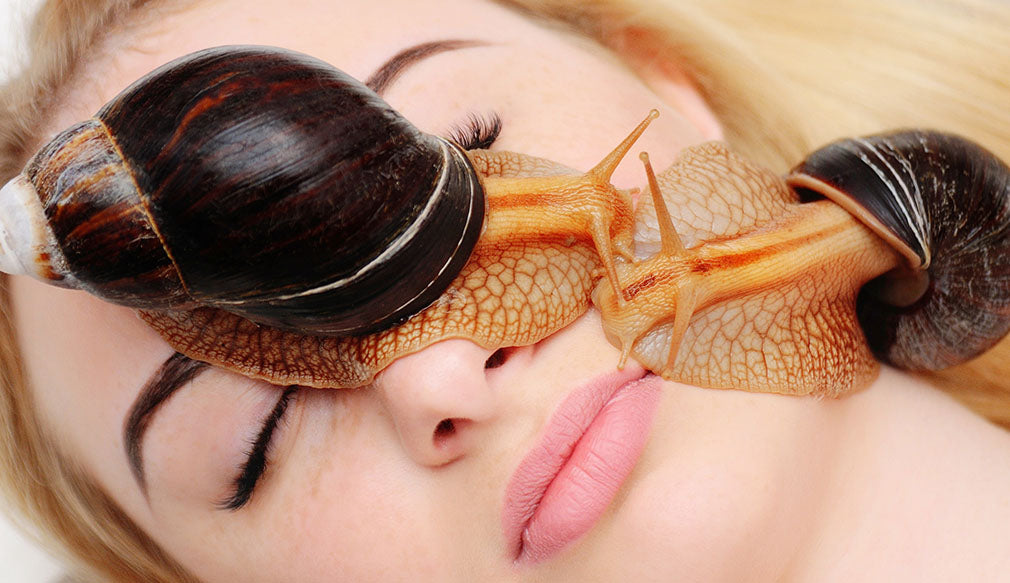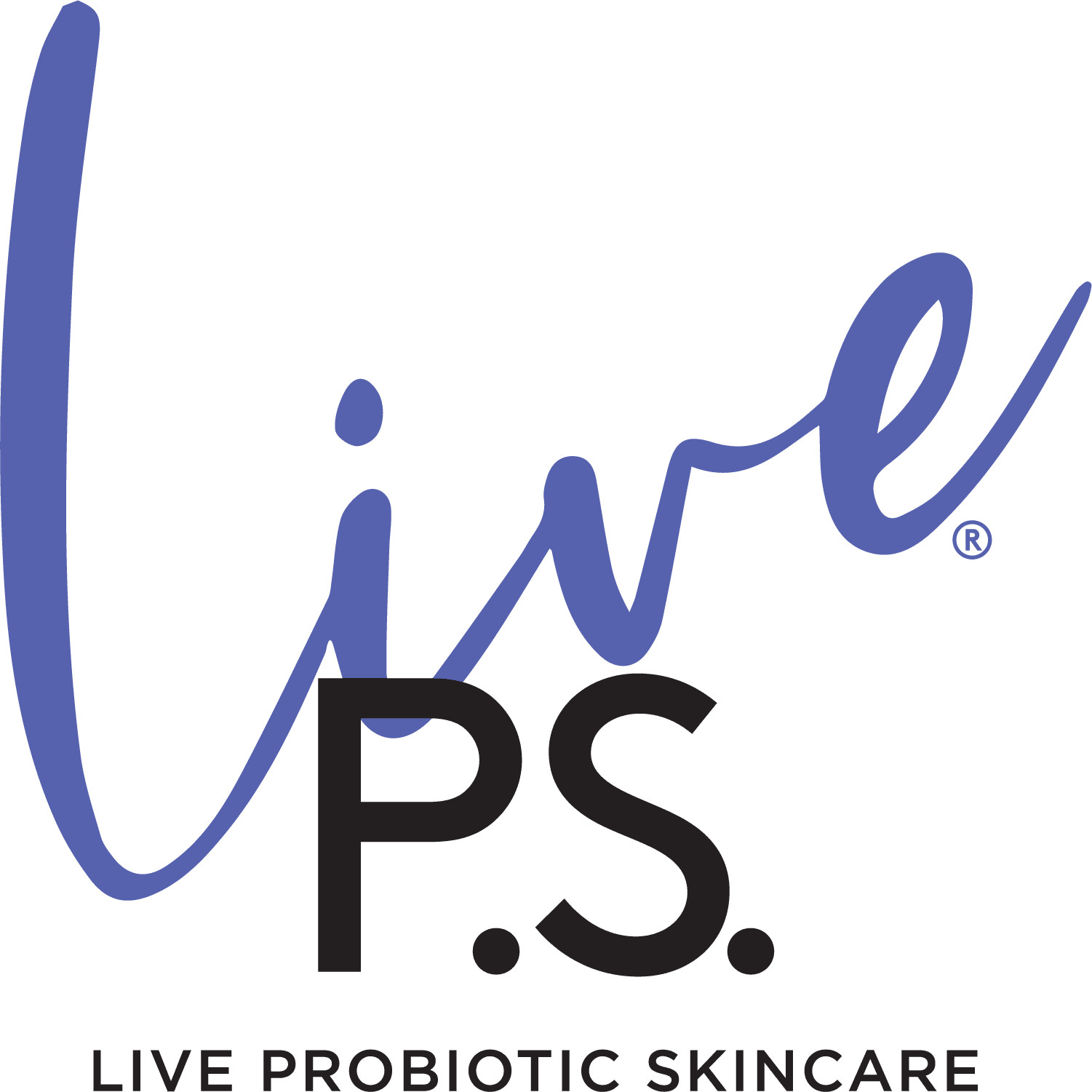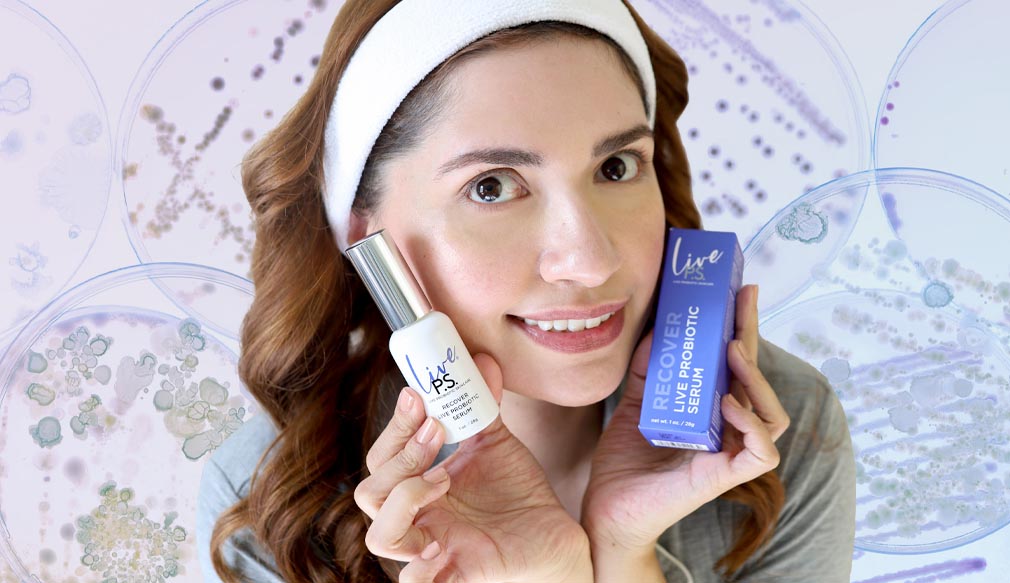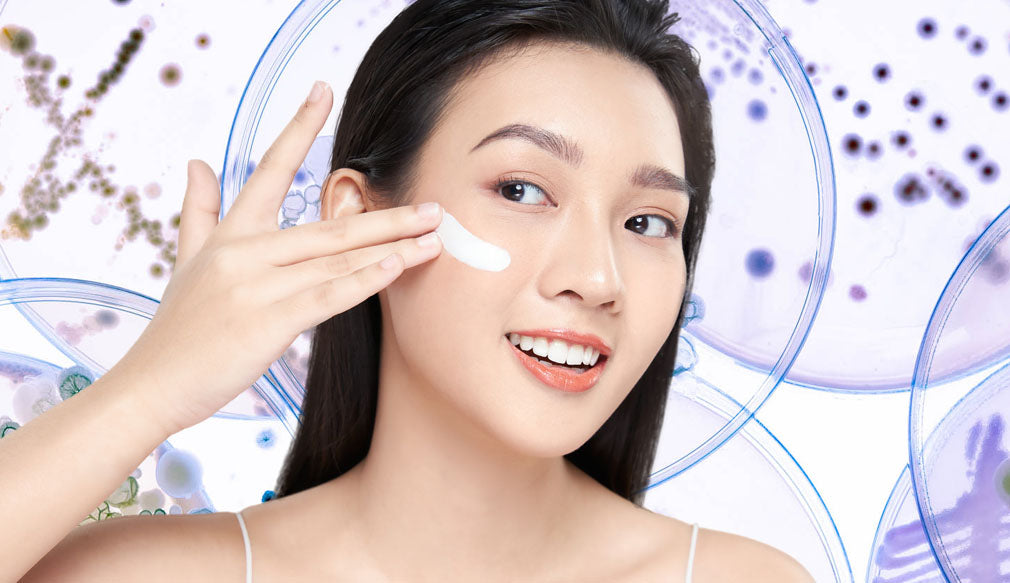
Snail Mucin Benefits Vs. Probiotic Skincare

Snail Mucin vs. Probiotic Skincare: Choosing the Best for Your Skin
When it comes to skincare, the quest for the perfect products can be overwhelming. Two unique ingredients that have taken the beauty world by storm are snail mucin and probiotics. Both offer a range of benefits for your skin, but they work in different ways. In this blog, we'll break down the characteristics of snail mucin and LIVE probiotic skincare to help you decide which one is the right fit for your skincare routine.
Snail mucin, also known as snail secretion filtrate, might sound unusual, but it's celebrated for its remarkable properties. Here's what you need to know:
- Hydration and Healing: Snail mucin is a natural humectant, meaning it locks in moisture and helps heal damaged skin. It's ideal for individuals with dry or sensitive skin, as it promotes hydration and can accelerate skin repair.
- Skin Regeneration: Rich in glycoproteins and glycolic acid, snail mucin aids in shedding dead skin cells, revealing a fresh, youthful complexion. It can minimize the appearance of scars and fine lines.
- Antioxidant Protection: Snail mucin contains antioxidants that shield your skin from free radicals, which can cause premature aging.
- Acne Control: Its antimicrobial properties can help control acne and fade acne scars over time.
- Soothing Sensitive Skin: Snail mucin's anti-inflammatory qualities make it suitable for soothing redness and irritation, making it a great option for those with conditions like rosacea or eczema.
Probiotic skin care, on the other hand, focuses on harnessing the power of beneficial bacteria and can do all the things listed above that snail mucin can do and more. Here's what sets it apart:
- Balancing the Microbiome: Probiotics support the natural balance of your skin's microbiome, which is essential for maintaining healthy skin. A balanced microbiome can lead to fewer breakouts and a more even complexion.
- Strengthening Skin's Defense: By reinforcing the skin's barrier function, topical probiotics can make your skin more resilient against external aggressors like pollution and UV radiation.
- Reducing Sensitivity: Topical probiotics can help calm and reduce skin sensitivity, making it an excellent choice for those with easily irritated skin.
- Anti-Aging Properties: Topical probiotics promote collagen production, enhancing skin's firmness and elasticity, which can reduce the appearance of wrinkles.
Snail mucin and topical probiotics are both powerhouse ingredients with unique benefits. Consider your skin's needs and concerns when choosing between the two. Ultimately, the key to beautiful skin is understanding what works best for you.
Recommended Products
Live P.S. Recover Live Probiotic Serum: This serum teams up with your skin's microbial buddies to reduce redness, irritation, and inflammation. Together, they create postbiotic goodies like vitamins A and C, peptides, antioxidants, and ceramides. Shop Now
Live P.S. 3-Step Kit: For those who love simplicity, this kit has everything your skin needs to shine. It brings harmony to your skin's microbial world, taming current acne and making future flare-ups less intense and frequent. The kit includes Live P.S. Recharge Revitalizing Cleanser, Recover Live Probiotic Serum, and Protect Daily Defense Moisturizer, each playing a role in your skincare routine. Shop Now
A Friendly Tip
When you bring probiotics into your skincare routine, your skin might go through a "purge" phase. This is your skin's unique journey as it adapts to the change. If things seem a bit rocky at first, don't worry – it's all part of the process of getting clearer skin. However, if you experience any burning sensation, stop using the product right away.
FAQ – All About the Similarities and Differences of Snail Mucin and Topical Probiotics
Q: What are the key benefits of snail mucin for your skin?
A: Snail mucin offers benefits such as hydration, skin regeneration, antioxidant protection, acne control, and soothing sensitive skin.
Q: How does snail mucin promote hydration and healing in the skin?
A: Snail mucin acts as a natural humectant, locking in moisture and aiding in the healing of damaged skin.
Q: In what ways does snail mucin contribute to skin regeneration?
A: Snail mucin contains glycoproteins and glycolic acid, which help shed dead skin cells and reduce the appearance of scars and fine lines.
Q: How does snail mucin protect the skin from free radicals?
A: Snail mucin contains antioxidants that shield the skin from free radicals, which can cause premature aging.
Q: Can snail mucin be effective in controlling acne and fading acne scars?
A: Yes, snail mucin's antimicrobial properties can help control acne and gradually fade acne scars.
Q: Who would benefit from snail mucin skincare, particularly due to its anti-inflammatory properties?
A: Snail mucin is suitable for individuals with sensitive skin conditions like rosacea or eczema due to its anti-inflammatory qualities.
Q: What sets probiotic skincare apart from snail mucin in terms of its benefits for the skin?
A: Probiotic skincare not only offers hydration and healing but also focuses on balancing the skin's microbiome, strengthening the skin's defense, reducing sensitivity, and promoting anti-aging effects.
Q: How do probiotics contribute to balancing the skin's microbiome?
A: Probiotics support the natural balance of the skin's microbiome, resulting in fewer breakouts and a more even complexion.
Q: How do topical probiotics strengthen the skin's defense against external aggressors?
A: Topical probiotics reinforce the skin's barrier function, making it more resilient against external factors like pollution and UV radiation.
Q: In what way can topical probiotics help in reducing skin sensitivity and combating the signs of aging?
A: Topical probiotics can calm and reduce skin sensitivity while promoting collagen production, enhancing skin firmness, and reducing the appearance of wrinkles.




